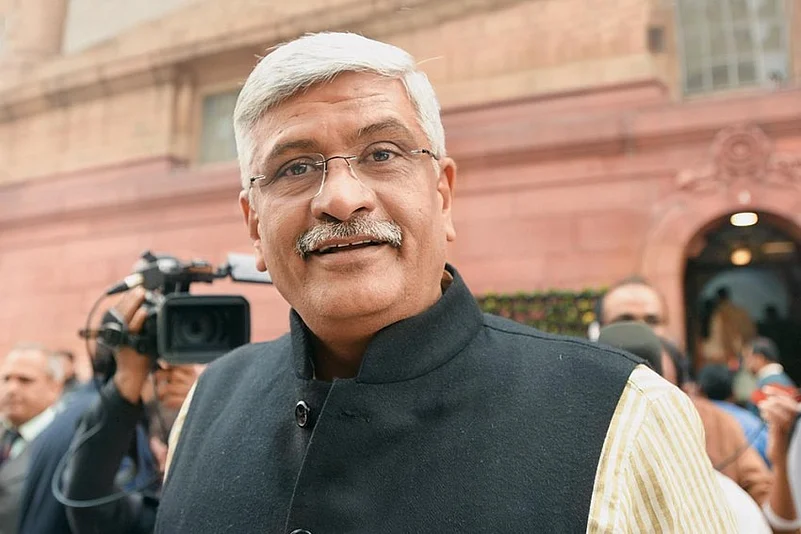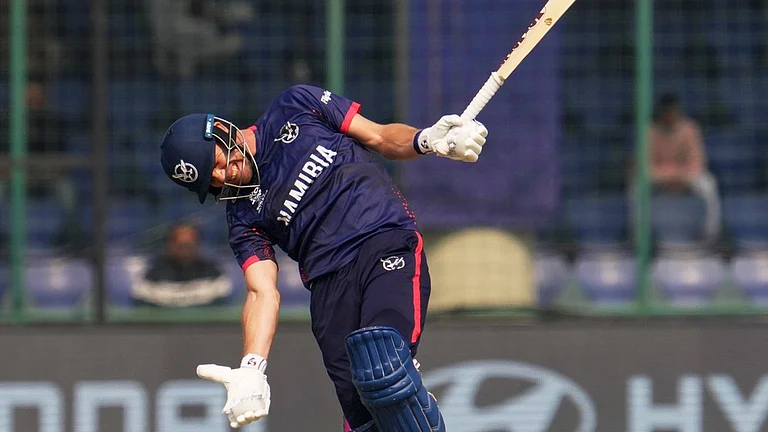Union Minister for Jal Shakti Gajendra Singh Shekhawat on Monday urged the Punjab government to make efforts to encourage crop diversification in the state to reduce water consumption.
In reply to a query by AAP member Raghav Chadha on depleting water level in Punjab during the Question Hour, the minister said the continuously falling water table is a cause of concern across India.
The Centre and states are making efforts to restabilise the water table through various initiatives, including the Jal Shakti Abhiyan. "Along with the supply side management, we will have to work towards demand side management as well," the minister noted.
Shekhawat said the Punjab government should also make efforts toward demand side management and crop diversification. There is a need to reduce water consumption, he asserted.
He cited the example of Haryana, where the state government has made efforts to demotivate cultivation of paddy. The minister informed the Rajya Sabha that there is 100 per cent procurement guarantee at MSP along with viability gap funding if farmers shift to maize from paddy.
The scheme has helped in reducing water consumption in Haryana because lakhs of hectares have been diverted towards maize cultivation. "I will urge upon the member to request the state government (Punjab) to work for crop diversification," he added.
The minister was replying to supplementary questions on cleanliness and development drive for rivers. In the written reply, Shekhawat said the Central Pollution Control Board (CPCB), in association with Pollution Control Boards/Committees in different states/Union Territories (UTs), monitors the water quality of rivers and other water bodies.
"Based on water quality monitoring results, pollution assessment of rivers has been carried out by CPCB from time to time," he added. As per the last report published by CPCB in September 2018, 351 polluted stretches were identified on 323 rivers based on monitoring results in terms of Bio-chemical Oxygen Demand (BOD), an indicator of organic pollution.
Shekhawat said water is a state subject and it is the responsibility of the states/UTs to ensure the cleanliness and development of rivers within their jurisdiction.
"Cleaning of rivers is a continuous process and Government of India is supplementing the efforts of the State/UT Governments in addressing the challenges of pollution of rivers by providing financial and technical assistance," the minister said.
(With PTI Inputs)


























